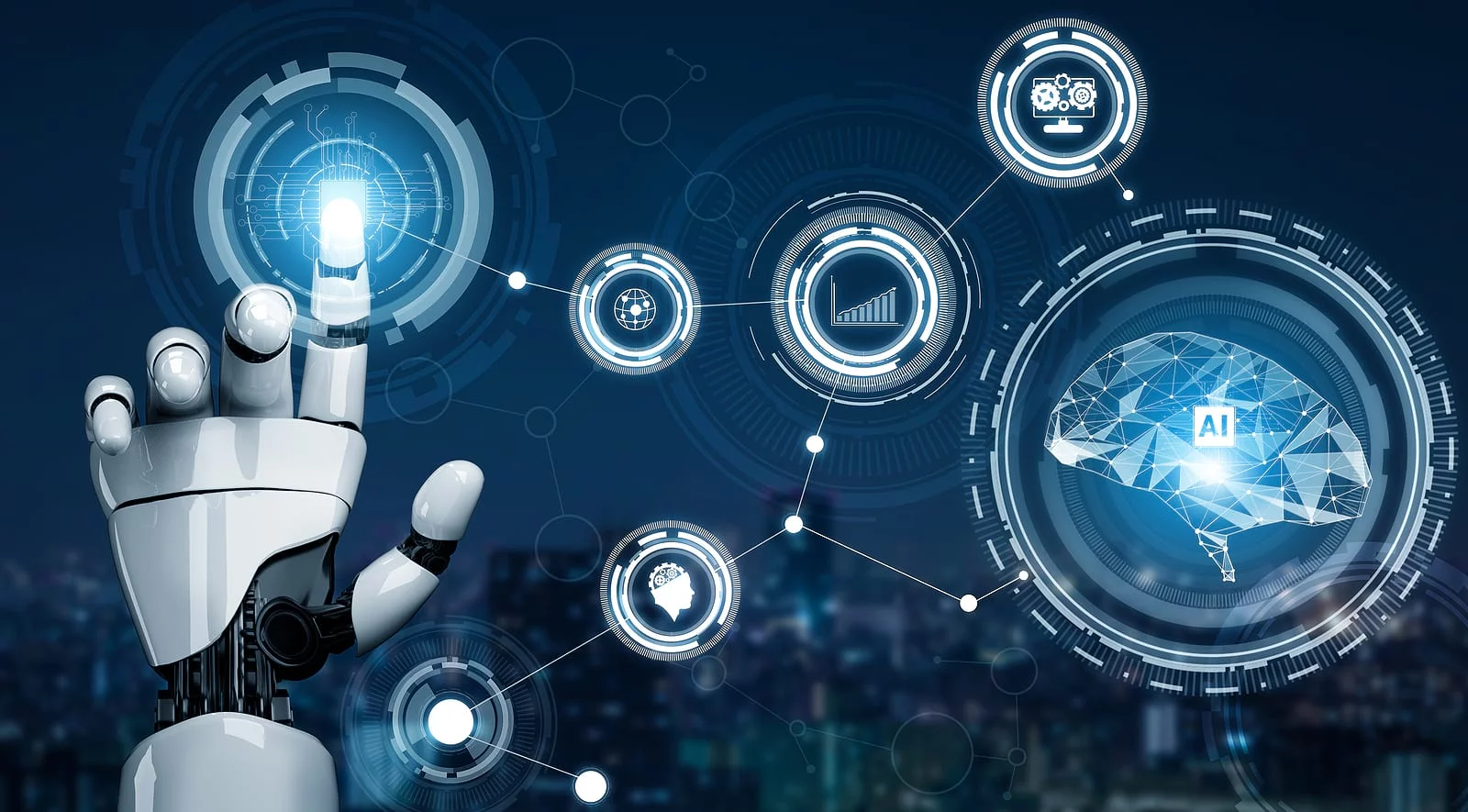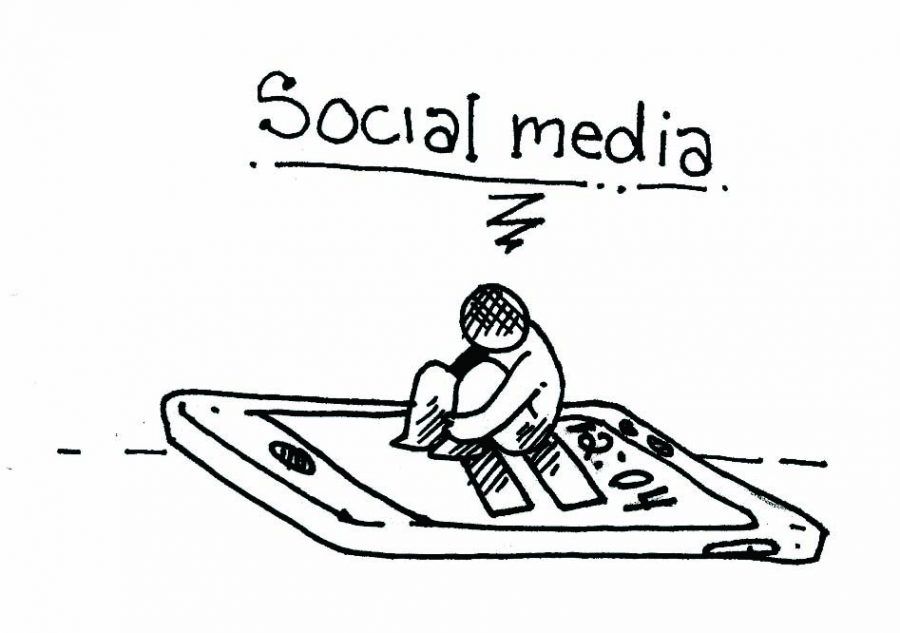Technology has become one of our world’s most diverse inventions. It affects every day of our lives for the better and for the worse. In the past few decades, technology advancements have increased at a staggering rate. Technology has advanced to improve our lives, or has it?
We live in a capitalist society where many businesses are looking to improve their services and products. Technology has allowed businesses to operate more efficiently and with more success. It has also given us advances in education. The advancements allow for the availability of online courses, access to web seminars, and the ability to literally research any topic known to man. Our everyday life has also been affected by technology. Household items such as microwaves, refrigerators, dishwashers, washing machines, and televisions are all improvements that have greatly simplified and bettered our lives. There is now such thing as (IoT) Internet of Things that allows us to use smart devices with support for internet connectivity. They “are able to interact with other devices over the internet and grant remote access to a user for managing the device as per their need.” Smartwatches, smart door locks, smart security systems, and smart in-home lighting are just a few examples of IoT devices.
Technology is much like a marriage of “for better or worse.” It has become a daily part of our lives and seemingly has been formatted to benefit how we operate in today’s society. The question of whether or not it is healthy depends on how one looks at it. From a personal perspective, I see “pros and cons.” I enjoy social media for entertainment but often find myself drawn into watching way longer than I had planned. I interviewed my parents, who are in their late 50s. They said that technology has benefited their lives with advancements such as mobile phones, computers, smart TVs, and many appliances.
What they see as a detriment is when these items that they use on a daily basis no longer work, and the repair then takes them to a computer instead of a person. They feel there is some frustration as prior to the advancements in technology, a person talking to a person was the most complete form of communication. Technology has seemingly replaced humans in this area. I see this affecting our society on many levels as technology is destroying our relational ability. Children are growing up in a world where there is less and less person-to-person interaction. Nearly 70% of Americans think the internet is good for our relationships, but it remains to be seen if children who are growing up with smartphones develop the kinds of interpersonal and relationship-building skills they need to form deep and meaningful relationships or if our species will become isolated from—and uncomfortable with—close, personal contact.
Technology has replaced “being in the moment.” I find myself recording a special moment to later post on social media instead of just experiencing it for what it is. Many of us are addicted to our smartphones. “According to addiction expert Dr. Anna Lembke, our smartphones are making us dopamine junkies, with each swipe, like, and tweet feeding our habit.” It concerns me a bit to think that I am actually addicted to something as simple as playing a few games or watching TikTok on my phone. I would have to say that my online footprint is strong at present. If a prospective employer were to research my name, they would see that I spend a lot of time online enjoying TikTok. I am rethinking how I would want a future employer to see me. I will also encourage my family to reconsider their relationships with smartphones. I can honestly say that we all spend more time on our phones than what is considered healthy. “Old school” ways of reading a book or magazine may be the new way to pass the time.



No comments:
Post a Comment